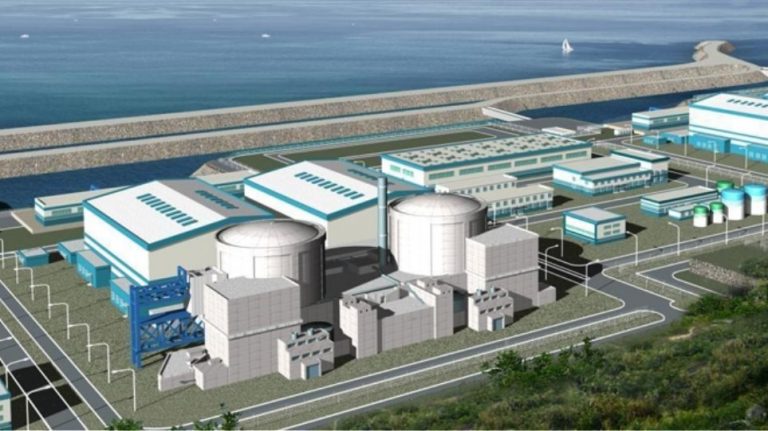Turkey’s ruling Justice and Development Party (AKP), in power for 18 years, is under increasing fire for poorly planned, prodigal investments whose long-term financial fallout is coming into sharper relief as the country grapples with severe economic woes. Standing out among the most dubious investments is a series of power plants, including a nuclear energy plant still under construction, that have created an idle capacity threatening to haunt public finances for years.
The miscalculations date back to the AKP’s early years in power, when the Turkish economy — fresh from an IMF-backed overhaul — enjoyed unprecedented inflows of foreign capital that stimulated economic growth of up to 7% per year. The AKP’s economic credentials thrived, translating to lasting political gains. The government encouraged construction as the main driver of growth, even if it relied almost entirely on the continued flow of foreign funds. While the country’s energy consumption grew its power production lagged behind and required larger imports of gas, oil and even coal to power electricity plants.
“Priceless” haul of over 27.000 artifacts seized from “collector” in France (video)
Greece becomes “most important hub for alternative gas” in Southeast Europe
The government chose to encourage local electricity production through renewable sources as energy imports swallowed large sums of hard currency and swelled the country’s current account deficit. It offered lavish incentives on hydroelectric power plant projects as well as wind and solar energy investments, creating a boom in the sector.
Ask me anything
Explore related questions





